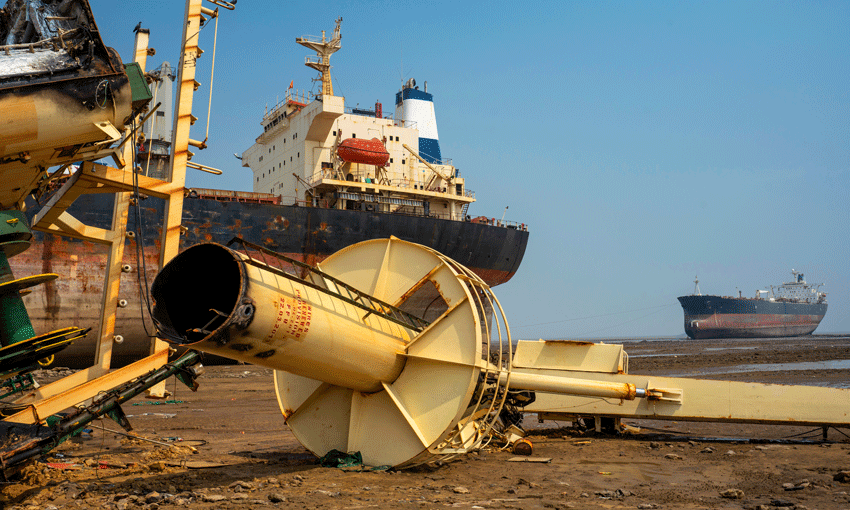RESEARCH by Guillaume Vuillemey, an associate professor of finance at HEC Paris Business School, has revealed malpractices which have helped shape the shipping industry during the past two decades.
The study demonstrates how the industry has evolved to “systematically evade corporate responsibilities”.
In his paper Evading Corporate Responsibilities: Evidence from the Shipping Industry, Profesor Vuillemey analyses the history of 1715 merchant ships that ceased operations during the 2000-2019 period.
The data showed details of ships’ ownership, their “flags of convenience” and information about ships’ “end of life.”
His analysis showed how shipping companies found ways to comply with legal requirements but evade corporate responsibilities with grave consequences for the industry itself as well as the environment and society.
Professor Vuillemey found shipping firms increasingly dissociated legal from ultimate ownership, by fragmenting assets into one-ship subsidiaries.
Regarding flags of convenience, Professor Vuillemey found that in most cases, the motivation for choosing one flag over another was to evade regulatory standards.
Finally, on the end-of-life matter, Prof. Vuillemey discovered almost all ships globally are dismantled in poor environmental conditions after being “beached” on the shores of Bangladesh, India or Pakistan.

He also found a fast-growing number of shipping companies used “last-voyage flags” in an attempt to hide such dirty practices: ships are sold to a third party just for the last voyage to a beaching yard.
Professor Vuillemey’s research is said to be key in understanding the “dark side” of globalization.
On one hand, they show how the drop in transportation costs, one of the backbones of globalisation, was partly achieved via the evasion of shipowners’ responsibilities, including environmental liabilities.
Secondly, the paper questions the use of limited liability in parent-subsidiary relationships as, according to Professor Vuillemey “it enables owners to externalize damages to society.”
Finally, Professor Vuillemey argues his discoveries call for more careful definitions and measures of corporate social responsibility. “The debates on corporate social responsibility cannot abstract from concrete liabilities and regulations that may be evaded legally,” he said.

